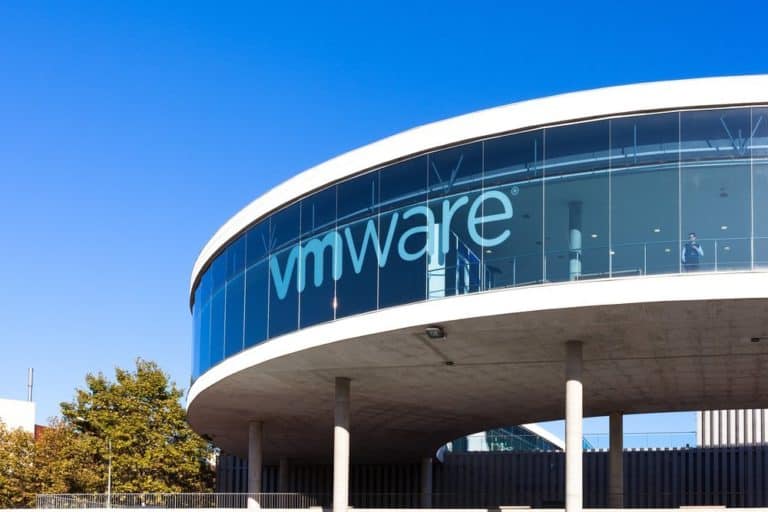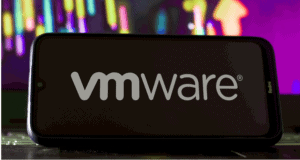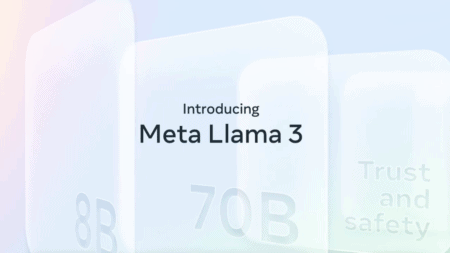VMware has decided to expand its multicloud strategy by acquiring Bitnami. Bitnami is a prominent name in the developer ecosystem. The company offers ready-to-use versions of popular open source applications.
Bitnami has a free library of open source applications, all of which have been optimized by the company’s engineers, to work on different types of infrastructure, writes Silicon Angle. Developers can quickly deploy the applications on their laptop, in popular public clouds, on the internal severs of their company or in a hybrid environment. Some of the applications in the Bitnami catalogue, such as WordPress, come bundled with additional components.
Bitnami claims that its pre-packaged software has already been used in millions of projects. The startup earns money through its Enterprise Catalog, which is a commercial version of the library. This variant has additional features, such as vulnerability scanning and automatic updates. The startup also offers a second product, called Stacksmith. Stacksmith can be used to create your own application packages.
Takeover
Bitnami therefore has a focus on simplifying application delivery in multicold environments, which is in line with VMware’s strategy. VMware has made its on premise infrastructure management tools available on Amazon Web Services, and last month announced that it is also bringing them to Azure from Microsoft.
With the takeover of Bitnami, VMware should be able to move up the stack and play a greater role in the application environments of customers. “Our goal is to accelerate the application’s builder’s journey by providing simplified ways to use open source software applications and frameworks,” said Milin Desai and Paul Fazzone from VMware.
In addition, VMware keeps the free version of Bitnami’s appliction library accessible to developers. The solutions in the catalogue also continue to support all cloud platforms with which they now collaborate.
This news article was automatically translated from Dutch to give Techzine.eu a head start. All news articles after September 1, 2019 are written in native English and NOT translated. All our background stories are written in native English as well. For more information read our launch article.


















